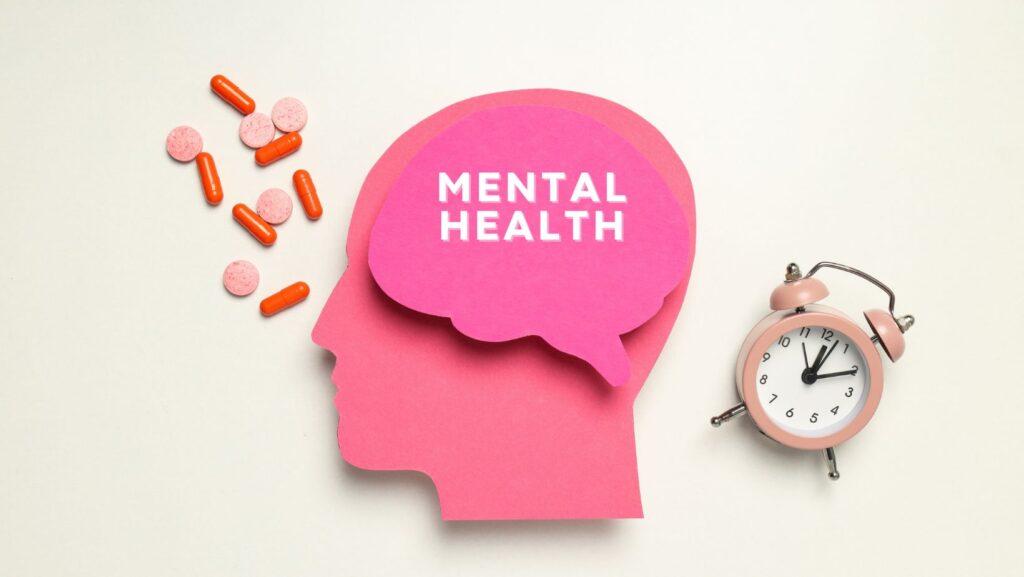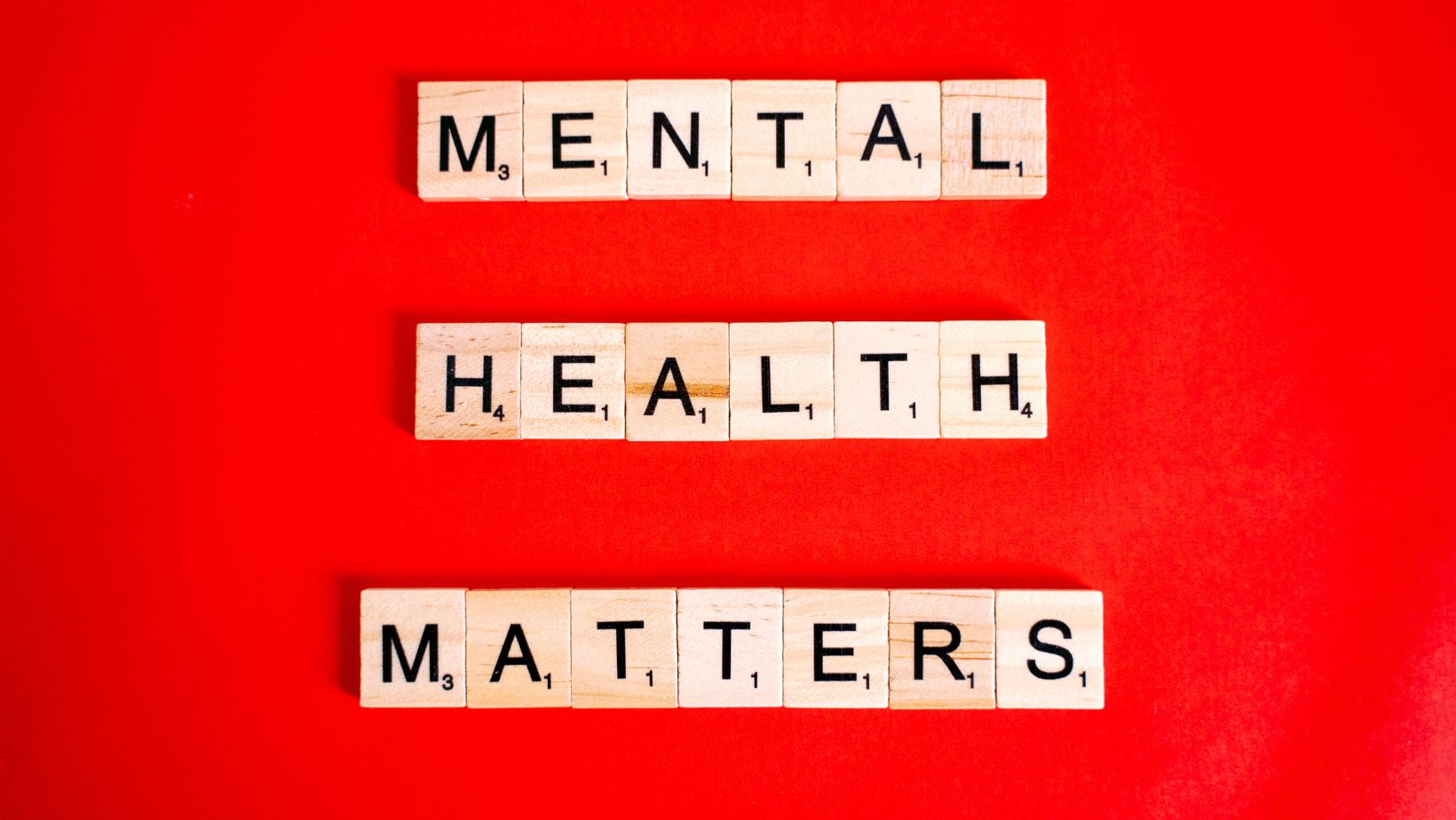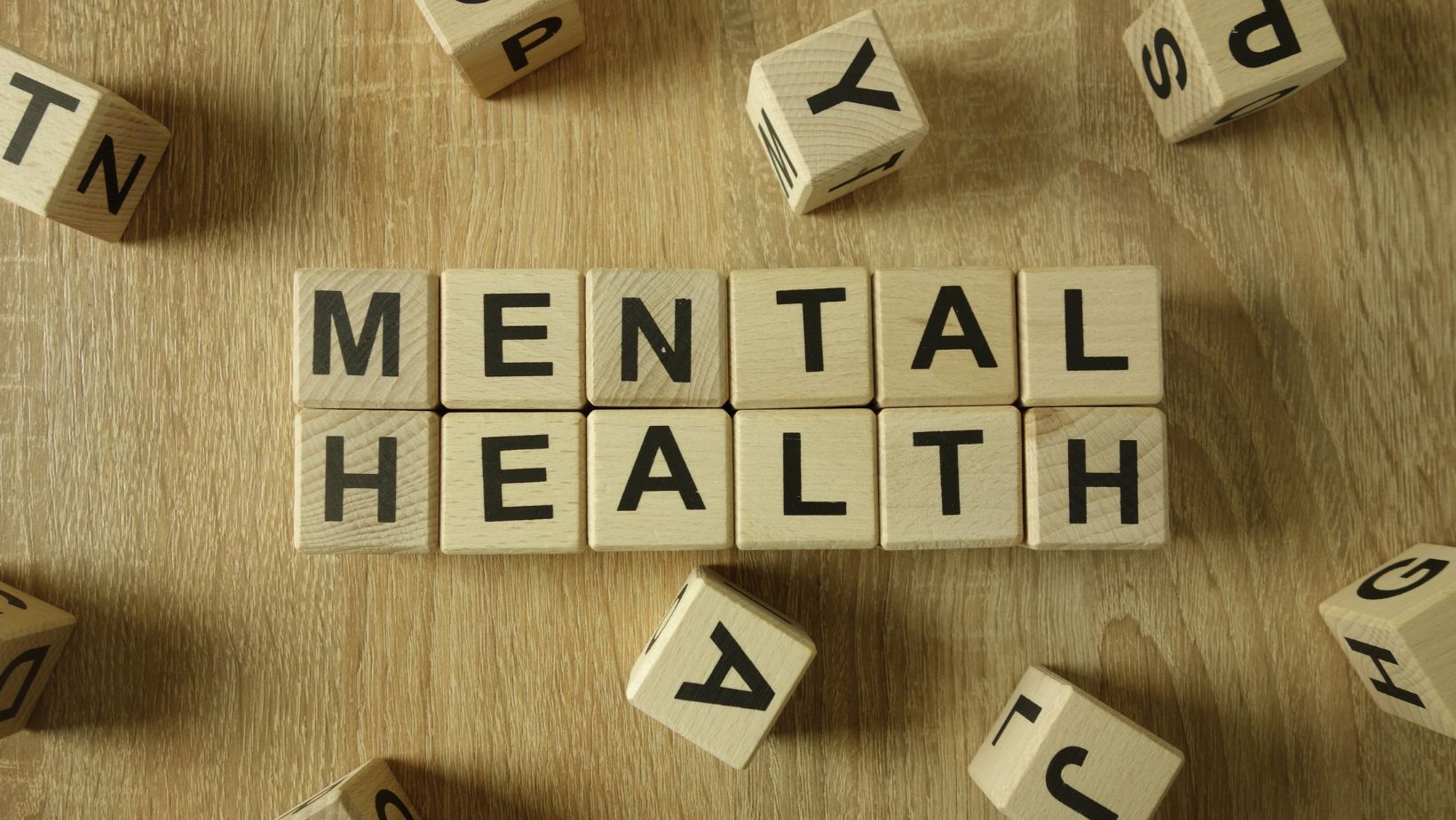Stress is a universal issue that almost all students experience. The high (or even excessive) deadlines, exams, and the drive to be the best can have adverse effects on one’s mental health. Young people resort to various methods to relieve stress, but gaming seems surprising to many as an excellent option. Let’s see how gaming can help students reduce stress and improve mental health.
A Healthy Escape From Stress
Gaming allows people to escape from the harsh realities. Engaging too profoundly in a virtual universe can aid in putting inhibitions against daily concerns. Students constantly anxious about their assignments and maintaining a social life can find that even a 30-minute gaming session can help them reset their brains. These break times are not meant to run away from work but to help you overcome the tasks.
Sometimes, the stress of academic deadlines can feel overwhelming, even after gaming sessions. You can visit writing services with the question, “Could you write my essay?” to get high-quality assistance from qualified authors. It’ll enable you to meet deadlines and alleviate the academic pressure.
Improved Problem-Solving Skills
Video games aren’t just there for enjoyment. Most are intellectually demanding and require efficient problem-solving, critical thinking, and strategizing skills. Problem solving, as it is, is a skill that can be developed, and video gaming helps hone the skill set that improves an individual’s academic performance. Gaming is a refreshing workout for learners mentally drained by classroom activities. Here are some tips for choosing video games:
- Puzzles. Although Sudoku does not have an in-depth storyline, it is an excellent game because it requires strategy.
- Teamwork missions. Most video games are now multiplayer, focusing on communication skills.
- Self-expression. Minecraft is a highly popular game that stimulates one’s creative side.
- Emotional adventure. Video games that successfully draw out emotions are great because they invoke critical thinking and teach valuable lessons.
- Tiny levels: These are perfect for short gaming sessions.
Gaming may not be a form of studying, but it is valuable in helping the brain recover from intense mental exertion.
Social Connections Through Multiplayer Games
Being socially confident during online classes, exams, and going to the university has its challenges, which all students experience. Video games help to overcome such issues by allowing social interactions and strategizing with a team of friends or competing against them, and winning builds on already strong friendships.
Games allow players to come together to form communities, which is often helpful for them. Winning or losing together fosters a sense of community among young people. These connections can greatly uplift a student’s mood and ease feelings of being alone. Gaming is a helpful option for those wanting to cool off while hanging out with friends, as it is fun and interactive.
Gaming as a Mindfulness Tool
Certain video games can promote a particular state of mind. Stardew Valley or Animal Crossing, for quarantine example, encourages users to engage in repetitive tasks such as farming and house design. These approaches help relieve mental stress with improved focus, facilitating students in their turbulent daily lives. Mindfulness-focused games often involve:
- Slow-paced gameplay
- Minimal pressure or competition
- Engaging visuals and calming soundtracks
- Opportunities for creativity or exploration
Students often mentioned feeling boosted after reaching a target, completing a level, or creating something in the game. In some instances, depression lingering in them even caused them to be released or alleviated. Furthermore, games are not just an escape from passive feelings; plenty of elements are integrated to promote calm resilience. Accomplishing a goal, failing in a game, and retrying all contribute to resilience. It assists in preventing learners from forming a fear of trying something because they may fail at it.
Gaming as a Tool for Building Resilience in Students
Gaming can also provide students with emotional resilience, besides relaxation. Most games are meant to challenge you with defeat and a second go. This kind of attempt-and-error, fail-overlay approach within a simulation provides students with a “growth mindset” that can be used to manage real-world challenges. Whether it’s losing a game or an in-game challenge, students learn how to manage anger and persistence in a way that extends into their lives outside the sports arena. The constant training in resilience through gaming can equip students with the mental fortitude to tackle problems in school and life with greater equanimity.
Press Start for Better Mental Health
Gaming isn’t just about entertainment. Students drowning in stress can utilize gaming as a helpful and safe method of relaxing, improving skills, and networking with people. The next time you’re stressed, picking up a controller or remote could be a great way to get a quick mental health boost.




More Stories
Why Sweeps Casino Players Love Promo Codes
Civiliden LL5540 PC: Unleash Gaming Power with Stunning Design & Performance
New Software RCSDASSK: Revolutionizing Productivity with Task Automation and Collaboration